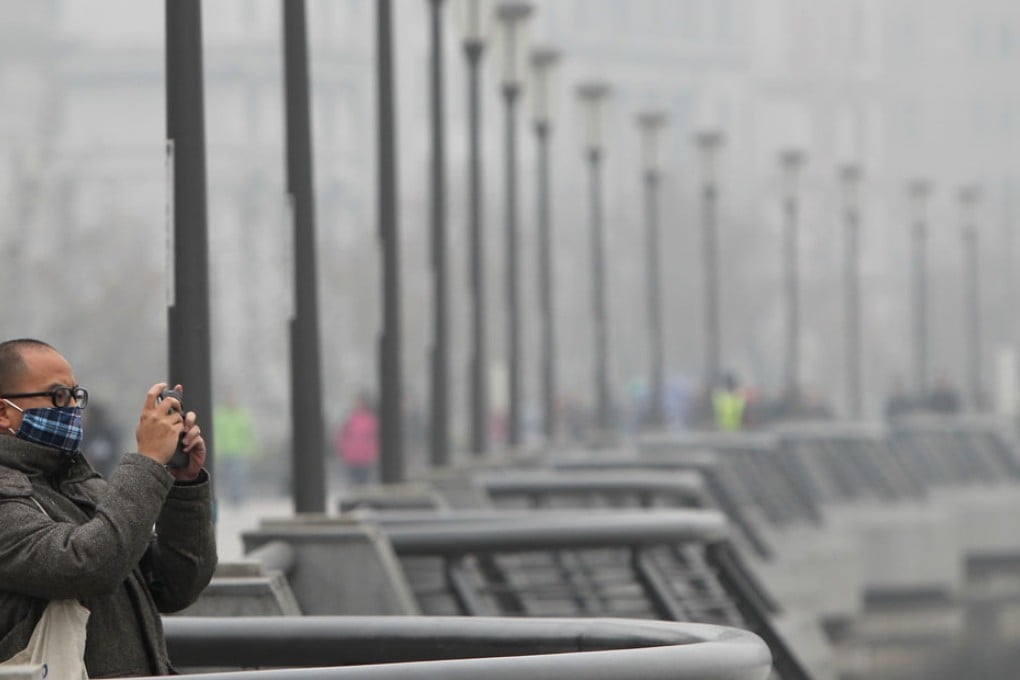China needs more action, less spin on smog fight
Recently, cities across the mainland have been blanketed by some of the worst smog in memory. Local authorities had to close schools, halt production at polluting factories and pull vehicles off the roads as concentrations of harmful fine particles soared to dangerous levels.

Recently, cities across the mainland have been blanketed by some of the worst smog in memory. Local authorities had to close schools, halt production at polluting factories and pull vehicles off the roads as concentrations of harmful fine particles soared to dangerous levels. The situation is so bad that all commercial pilots flying between Beijing and other cities have orders to train for landing blind.
What's more disturbing is that solutions, like the disappearing skylines, are not within sight. Over the past week, officials sought to shield themselves amid an avalanche of public criticism, blaming a long list of factors, such as vehicle emissions and a lack of wind, for contributing to the woe. Sadly, they are less resourceful when tackling the causes of pollution.
The smog will hopefully ease when the weather improves. That relief is left to the mercy of nature is regrettable. If officials are sincere about protecting public health, a greater sense of urgency is needed to improve air quality on the mainland.
It would be wrong to say that state leaders are blind to the problem. In what is seen as a sign of growing concern over the impact of the environment on people's heath, the central government has increased funding for research into how pollution affects fertility. The infertility rate has risen from 3 per cent two decades ago to 12.5 percent in 2010. More than 40 million mainlanders have been diagnosed as infertile.
It was not until recently that the mainland hammered out its first comprehensive air quality control plan. It includes closing down polluting factories, improving fuel quality and reducing overreliance on coal. Encouraging as it sounds, the outcome still falls short of public expectations. The lack of political will and the pursuit of economic growth mean implementation is often half-hearted. Hopes of better efforts to clear the air were further dampened after the Communist Party wrapped up a summit meeting with high-sounding goals but no concrete plans to fight pollution.
Ironically, some state media tried to put a positive spin on air pollution, suggesting it enhanced equality, as the rich and the poor breathe the same filthy air now. One commentary even claimed that the heavy smog could thwart missiles attacks. We trust no government would consider boosting national security at the expense of people's health. But the public can be excused for feeling outraged if the commentary was aimed at diverting attention from official inaction.